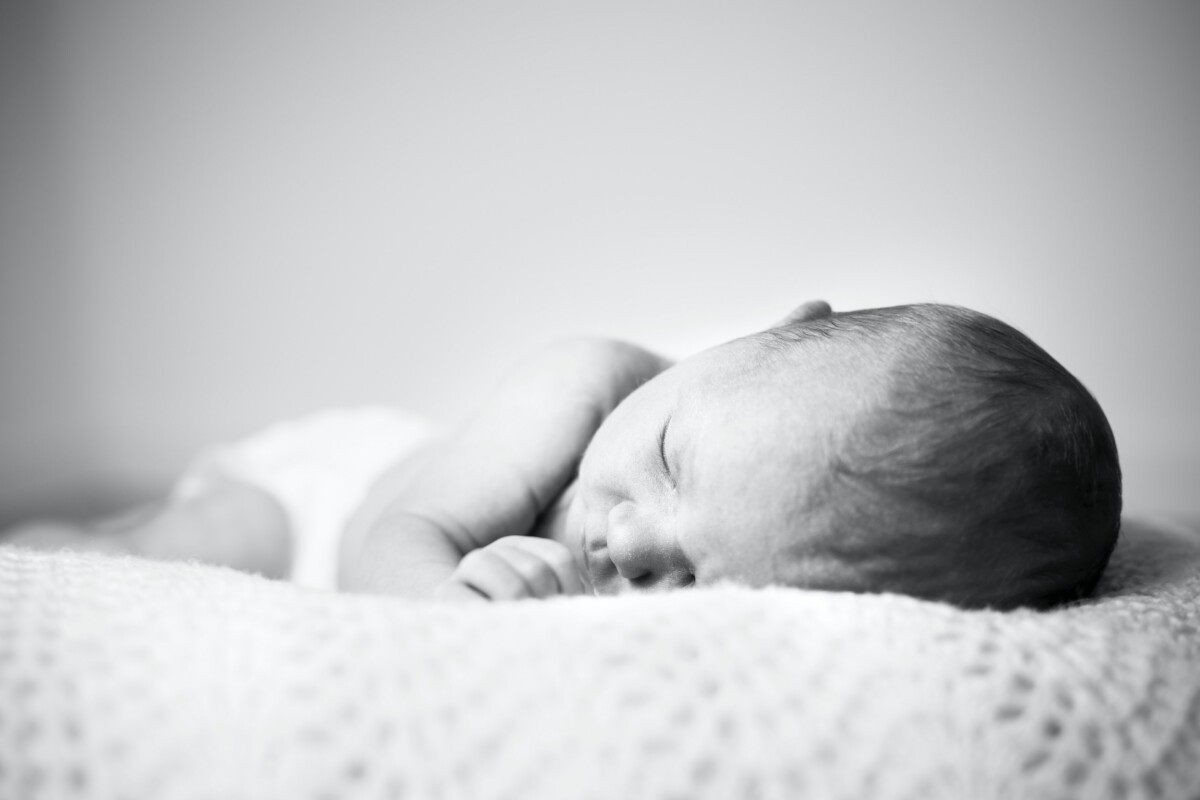The biological cause of sudden infant death syndrome may have been identified

Sudden Infant Death Syndrome (SIDS) there may be a biological mechanism that may, at least in part, help explain the cause of the condition. Researchers have identified a brainstem abnormality affecting serotonin receptors that they believe, along with other biological and environmental factors, may increase the risk of SIDS in newborns. iflscience.
SIDS has stumped scientists for decades, but a new study suggests that serotonin receptors may play an important role.
Also known as "cot death", SIDS is the sudden, unexpected, and unexplained death of an apparently healthy baby under one year of age, usually while they are sleeping. It is a rare but still leading cause of post-neonatal death in the United States, affecting about 38 of 100.000 live births in 2020, according to Centers for Disease Control and Prevention (Centers for Disease Control and Prevention).
The causes of this syndrome are unknown, despite a wealth of research, and even some discoveries. Thus, the researchers, led by Robin Haynes from Boston Children's Hospital, Massachusetts, began a study to learn more. They collected and analyzed brainstem tissue from 70 deceased infants, 58 of whom died of SIDS and 12 of other causes between 2004 and 2011.

Comparing the tissues, the team noticed differences in how serotonin, a chemical that sends signals between nerve cells, is involved in modulating numerous biological processes, including mood and sleep, and how it binds to receptors.
These same receptors, called 5-HT 2A/C receptors, have previously been associated with arousal and autoresuscitation in rodents and may therefore have a protective function during sleep.
The researchers found that the binding of serotonin to these receptors was altered in the lower brainstem of babies who died of SIDS, compared to those who died of other causes. They speculate that these abnormalities, at least in a subset of SIDS, may lead to "failure in multiple vital respiratory, cardiovascular, and brainstem autonomic systems that are necessary for successful reoxygenation and perfusion of the developing brain as a result of oxygen deprivation." ".
Such biological vulnerability, in conjunction with other factors such as sleep position and the child's age, may contribute to an increased risk of SIDS, the team found.
"The work presented builds on previous work from our lab and others showing abnormalities in the serotonergic system of some SIDS infants," Haynes said in a statement.
"Although we have identified abnormalities in the serotonin 2A/C receptor in SIDS, the relationship between the abnormalities and the cause of death remains unknown. Much work remains in determining the consequences of abnormalities in this receptor in the context of a larger network of serotonin and non-serotonin receptors that protect vital functions in cardiac and respiratory control when challenged.
We hope that such research can one day help us predict the risk of SIDS in infants. "However, we currently do not have the means to identify infants with biological abnormalities in the serotonergic system," Haynes added, emphasizing the importance of adhering to safe sleep practices.
Last year, the American Academy of Pediatrics has updated its guidelines on infant sleep for the first time in six years, providing up-to-date recommendations for safe sleep and tips to reduce the risk of SIDS. This includes laying infants flat on their backs on non-inclined surfaces and avoiding bed sharing.
You can find more information here.
The study was published in Journal of Neuropathology & Experimental Neurology.


